Part of your job as a homeowner is to keep the house in the best shape possible. It makes it more enjoyable to live in, enhances its appearance, and protects is value. One of the most important things to address is preventing water damage.
Moisture Control Crawl spaces, attics, and perimeter interior walls are three of the most likely places to become damaged from excess moisture. Keep these areas dry by mending leaks, making sure rain gutters carry rain away from the foundation, and ventilating attics. Bath Fan If humidity isn’t cleared from your bathroom within ten minutes, your bath fan probably isn’t big enough. To calculate the proper fan size, multiply the square footage of the room by 1.1. If the ceiling is 9 ft, multiply by 1.5 instead. Once this number is determined, check the label under the grille for the CFM volume. If they don’t match, replace it with an appropriate size. Bathroom Timers and Sensors Humidity sensor-equipped fans automatically turn themselves on when moisture exceeds a set range, and then off again when it's lowered. This cuts down on water damage while saving electricity due to not running the fan longer than necessary. Shower Squeegee Excess bathing water causes three-fourths of moisture which causes mold and mildew. By using a squeegee on your walls after each shower, you prevent a huge amount of water damage. Immediate Mold Cleaning Use a detergent and water mixture to scrub surface mold off. Another option is to use a solution of 90 percent water and 10 percent bleach and spray it onto the mildew. Wait ten minutes before rinsing and letting it dry. Mildewcide Paint When choosing paint for your bathroom or your exterior, look for one with mildewcide included. Mend Plumbing Leaks Although turning off the main water valve is a good first step, open the faucet lowest in the house to let water drain from pipes, too. The sooner you fix the leak, the less water there will be to clean up. Prompt Cleanup Mop all water as quickly up to minimize potential damage. Then take whatever steps are necessary for repairs. Safety First If the water may be contaminated or electrified, make sure to take appropriate cautions. Electricity should be turned off in the basement, and open wounds must be protected before wading in. While You’re Away Before you leave, turn the main water valve off. Also, install stainless steel hoses for toilets, and washing machines. Outdoor faucets should be frost-proof. While you can't foresee every possible source of water damage to your home, there are things you can do to reduce the likelihood of the most common causes. Quarve Contracting is concerned about helping Minneapolis and St. Paul area homeowners protect the investments they've made in their homes.Subscribe to Quarve Contracting's Blog


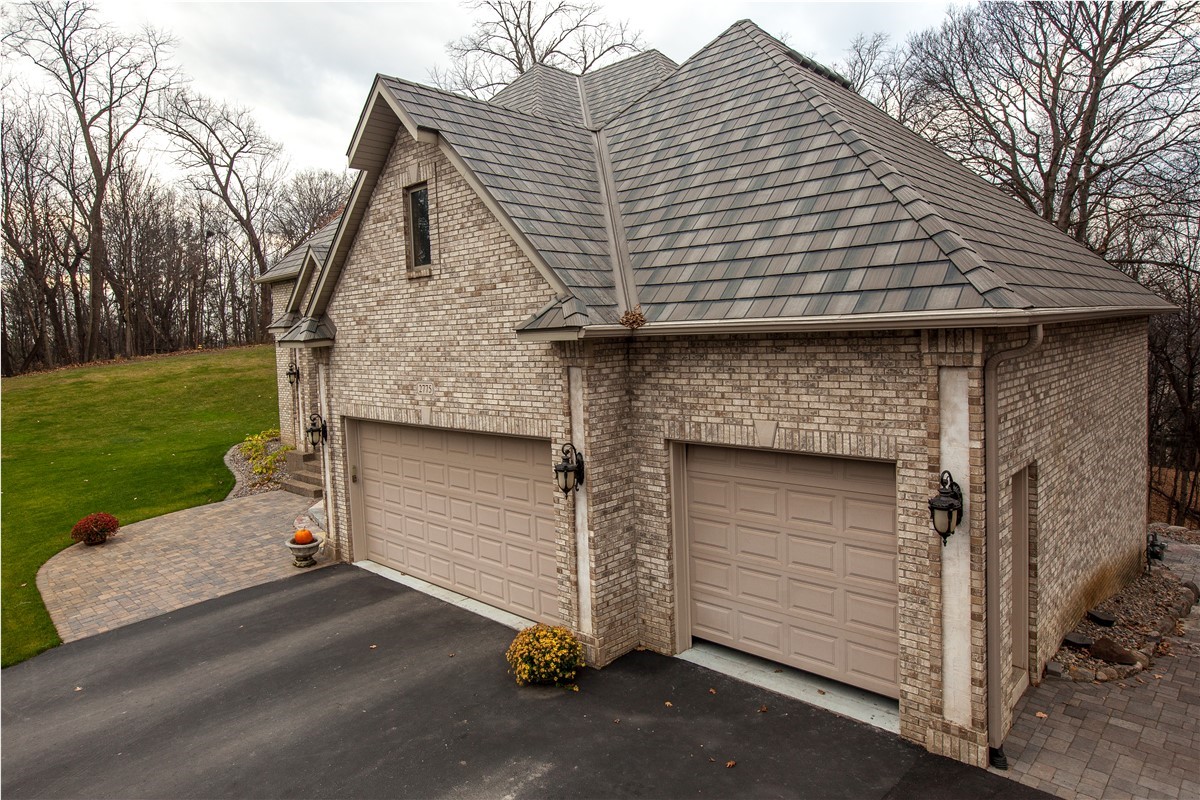
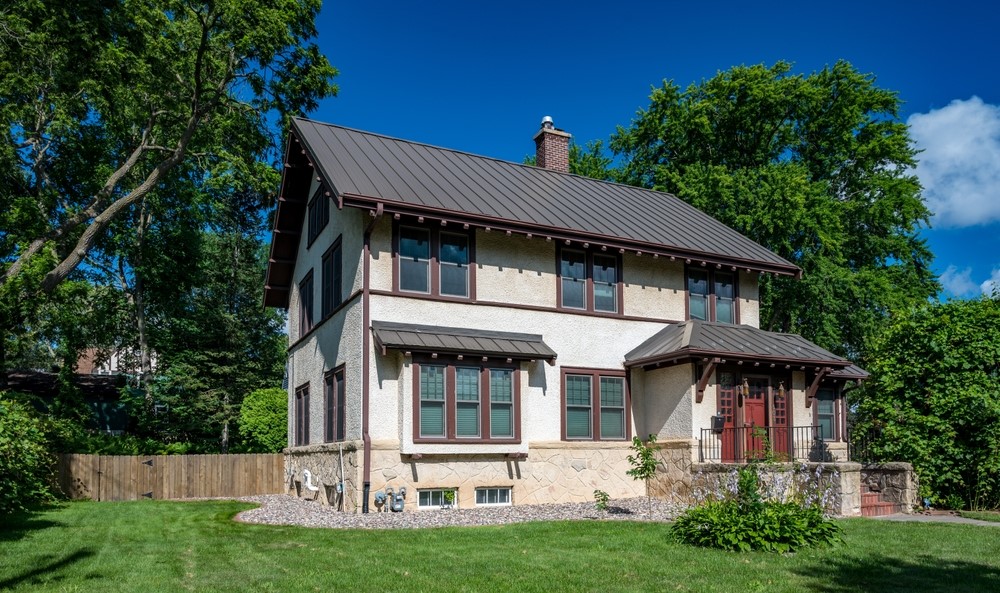
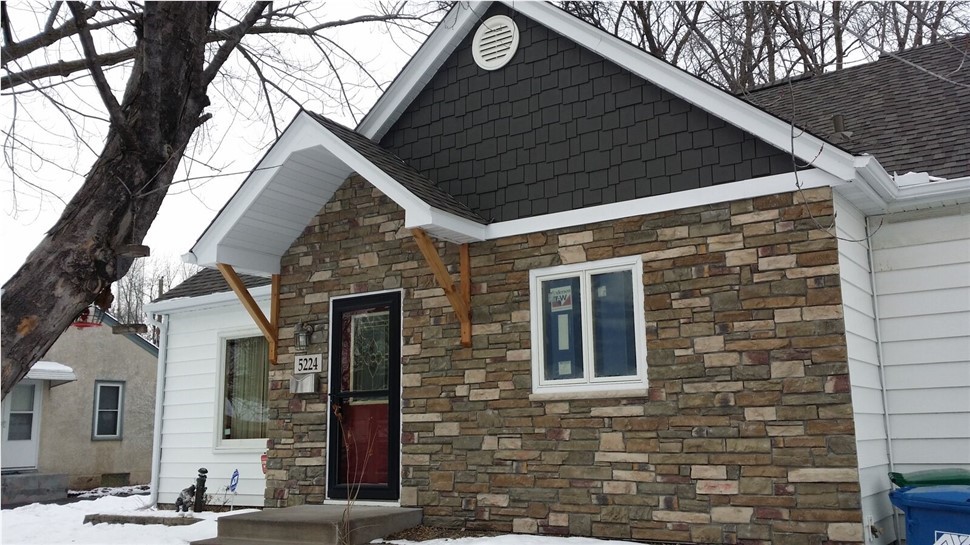
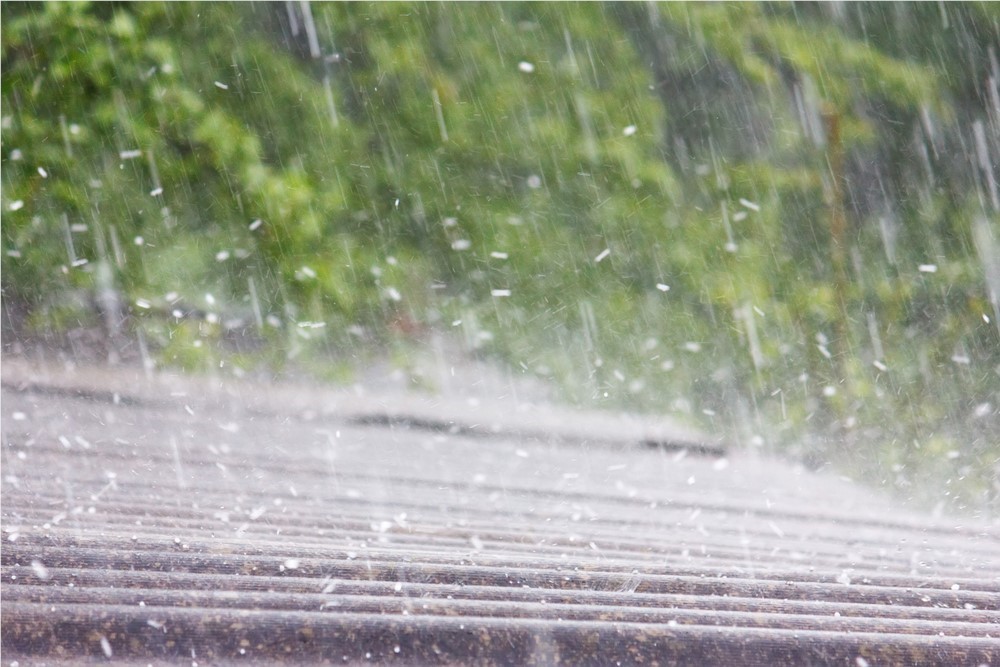
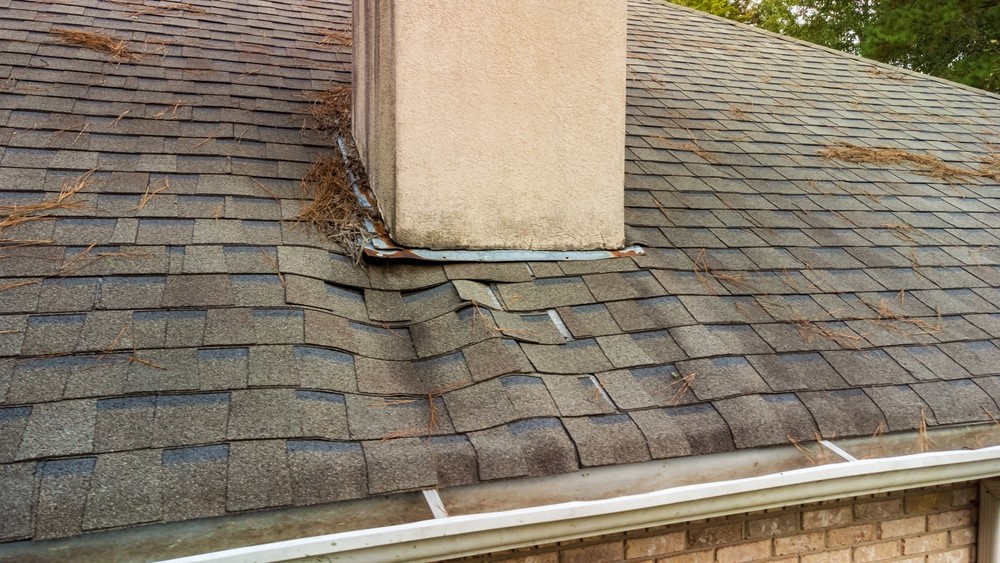
Comments